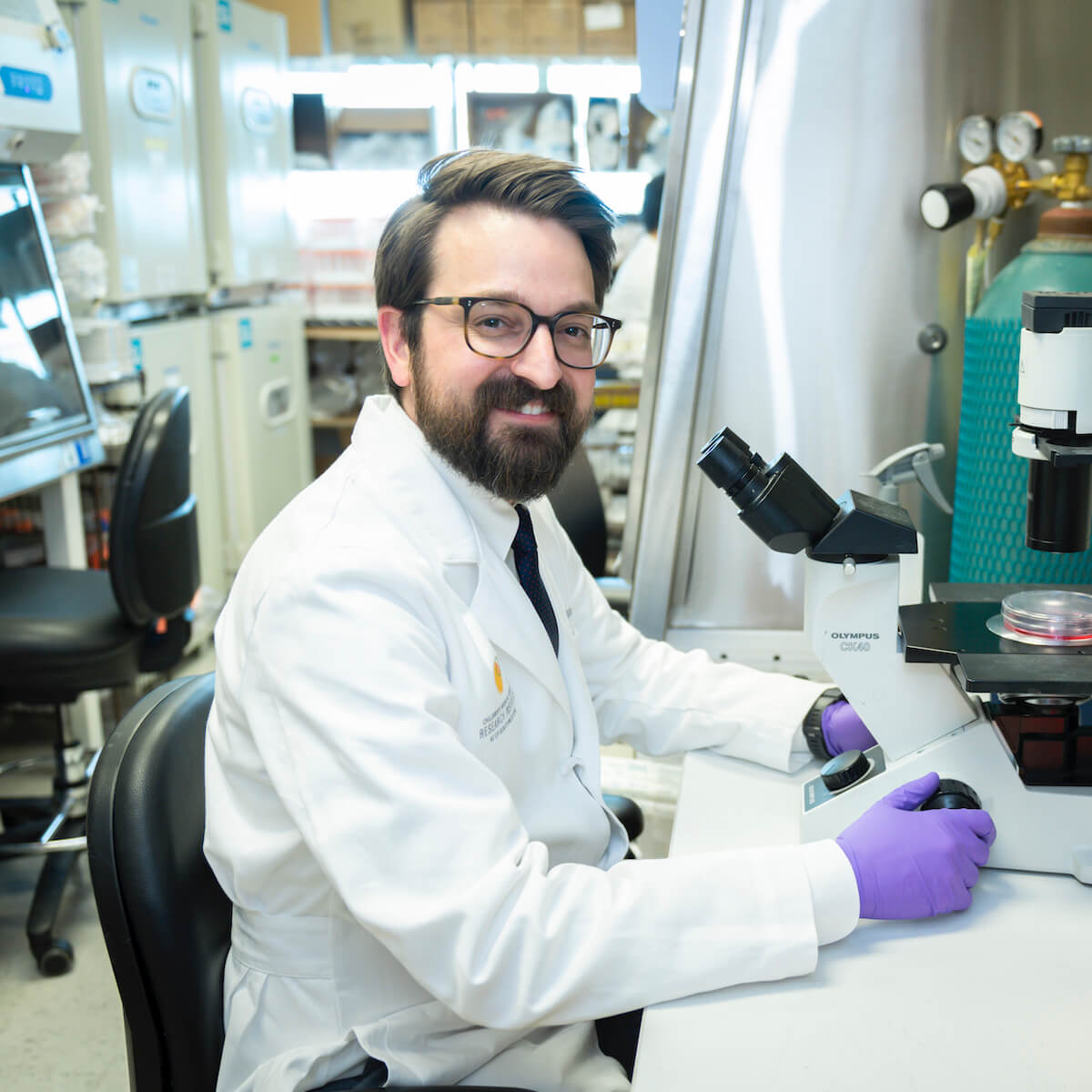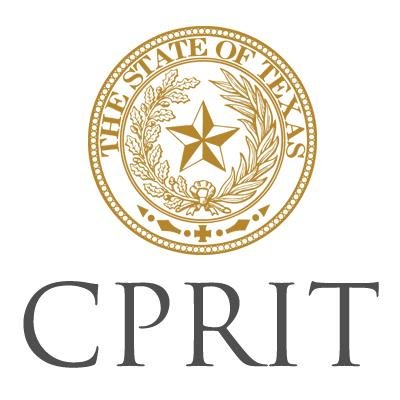 Dr. Sam McBrayer, an assistant professor at CRI, received the V Foundation for Cancer Research’s V Scholar Grant to study glioma — a deadly type of cancer found in the brain. The grant, which supports young tenure-track faculty early in their cancer-research careers, will provide Dr. McBrayer with $200,000 over a two year period. Dr. McBrayer was also named the recipient of the 2020 Abeloff V Scholar Grant which recognizes the individual who submitted the highest-rated V Scholar proposal this year.
Dr. Sam McBrayer, an assistant professor at CRI, received the V Foundation for Cancer Research’s V Scholar Grant to study glioma — a deadly type of cancer found in the brain. The grant, which supports young tenure-track faculty early in their cancer-research careers, will provide Dr. McBrayer with $200,000 over a two year period. Dr. McBrayer was also named the recipient of the 2020 Abeloff V Scholar Grant which recognizes the individual who submitted the highest-rated V Scholar proposal this year.
Gliomas represent 80 percent of the 26,000 newly diagnosed cases of malignant brain and central nervous system tumors in the U.S. each year and are among the most lethal and treatment-resistant human cancers. The standard treatment for gliomas has not changed since 2005, and no new drugs have been approved for glioma therapy in the last decade.
Dr. McBrayer hopes to change that with the support of the V Foundation.
“It is an honor to receive this award from the V Foundation, and I look forward to contributing to their mission of achieving ‘Victory Over Cancer’. I’m deeply grateful for their support, which we hope will allow us to develop a desperately needed new therapy for brain cancer and improve the lives of patients suffering from this disease,” said Dr. McBrayer, who is also a Cancer Prevention and Research Institute of Texas (CPRIT) Scholar in cancer research.
In collaboration with Dr. Kalil Abdullah, assistant professor in the Department of Neurological Surgery at UT Southwestern, the McBrayer lab is working to exploit a mutation, known as isocitrate dehydrogenase 1 (IDH1), found in many glioma cells to stop cancer growth. So far, researchers have identified a specific metabolic pathway that IDH1 mutant glioma cells rely on to survive and tested a class of drugs that inhibits this metabolic pathway to preferentially kill brain tumor cells with IDH1 mutations.
Support from the V Foundation will help researchers take the next step to understand why brain tumor cells with IDH1 mutations rely on this specific metabolic pathway to survive and test if this drug class will inhibit brain tumors in mice. If successful, efforts by the McBrayer lab could lead to clinical studies to test whether these same drugs are effective against human brain tumors and help uncover new treatments for brain tumor patients.



